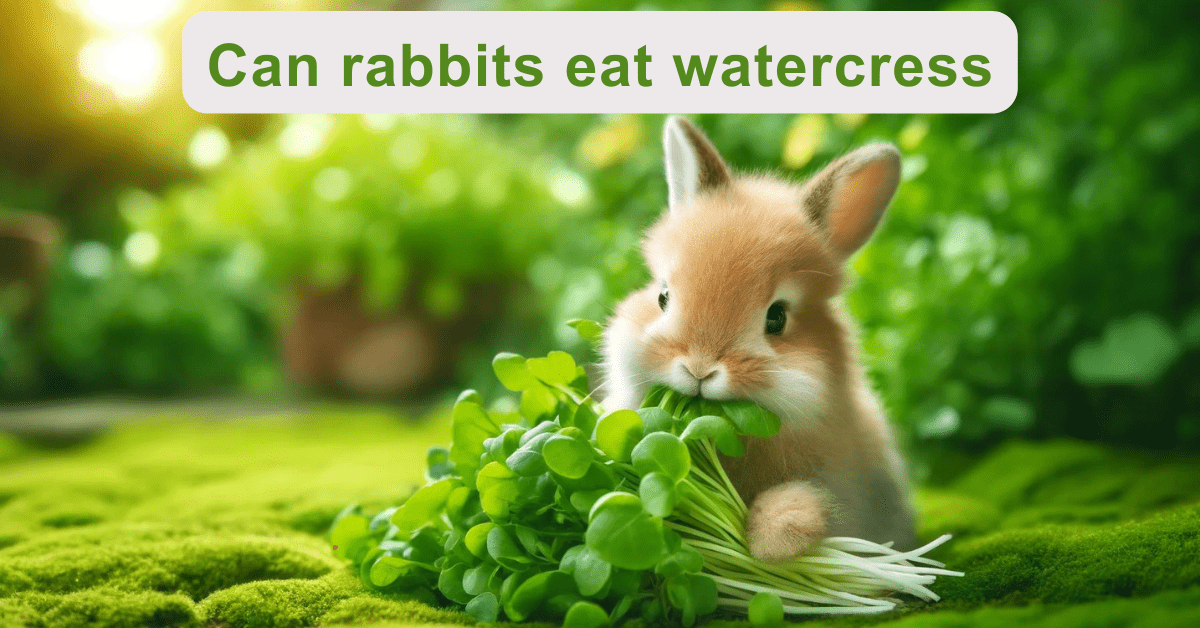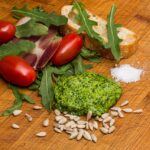
If you’re a rabbit owner, you might be wondering if watercress is a safe food to add to your furry friend’s diet. As with any new food, knowing the benefits and risks is essential before feeding it to your rabbit. In this article, we’ll answer the question “Can rabbits eat watercress?” and provide a comprehensive guide to everything you need to know about feeding watercress to your rabbit.
Pepper taste and a common ingredient mostly used in salads, soups, and sandwiches is the watercress. But can rabbits eat watercress?
Yes, rabbits can eat watercress. Rabbits are herbivores and require a diet high in fiber and low in fat and sugar. They typically eat hay, fresh vegetables, and small pellets. While rabbits can eat various vegetables, some are safer than others. Let’s take a closer look at the nutritional value of watercress and the benefits and risks of feeding it to your rabbit.
Low in calories and rich in nutrients is watercress. This leafy green plant also includes iron, calcium, antioxidants, and vitamins A, C, and K, which combined help to strengthen immunity and promote health. Additionally, because of its high-water content, it can assist your bunnies in staying hydrated. Here’s a breakdown of fresh watercress nutritional value per 100 grams of serving size:
Feeding your rabbit watercress can provide several health benefits. Here are some of the benefits of adding this plant to your rabbit’s diet:
A nutrient-rich vegetable that can provide your bunny with the vitamins and minerals they need is watercress. This plant’s high vitamin A content can help promote healthy vision, while vitamin C can boost your bunny’s immune system. The calcium and iron in watercress can also help support strong bones and prevent anemia.
The high water content of the watercress might help your bunny stay hydrated. This is particularly crucial in the summer when bunnies are more prone to dehydration.
As a low-calorie vegetable, watercress is an excellent choice for bunnies trying to keep their weight in check.
can rabbits eat watercress
While watercress can provide several health benefits to your pet rabbit, there are also some risks to consider. Here are some of the potential dangers of feeding watercress to your rabbit:
Too much watercress consumption might make your bunnies sick, resulting in bloating and diarrhea. It must be added gradually and in modest amounts to prevent stomach issues.
Watercress contains oxalic acid, which can lead to urinary crystal formation when combined with calcium. Infections in the urinary tract and obstructions can result from this, which could harm the rabbits. While small amounts of this plant are generally safe for rabbits, monitoring your rabbit’s urine output and ensuring they drink plenty of water is essential.
Watercress is a leafy green vegetable that is often sprayed with pesticides. Suppose you’re feeding watercress to your rabbit. In that case, choosing organic varieties is essential to avoid exposing your rabbit to harmful chemicals.
If you decide to feed watercress to your rabbit, it’s essential to do so in moderation. Here are some tips for safely providing watercress to your rabbit:
- Introduce this leafy green to your rabbit’s diet gradually, starting with small amounts. This will allow your rabbit’s digestive system to adjust to the new food and minimize the risk of digestive issues.
- Choose organic watercress to avoid exposing your rabbit to harmful pesticides.
- Wash the entire plant thoroughly before feeding it to your rabbit to remove dirt or debris.
- Monitor your rabbit’s urine output and ensure they drink plenty of water to prevent urinary tract infections and blockages.
- Offer your rabbit a variety of vegetables to ensure they get a balanced diet.
Watercress can be a nutritious addition to your rabbit’s diet if fed in moderation. It’s rich in vitamins and minerals and can help keep your rabbit hydrated. However, it’s essential to be aware of the potential risks, including digestive and urinary tract problems. If you feed your rabbit watercress, introduce it gradually, choose organic varieties, and monitor your rabbit’s urine output.




